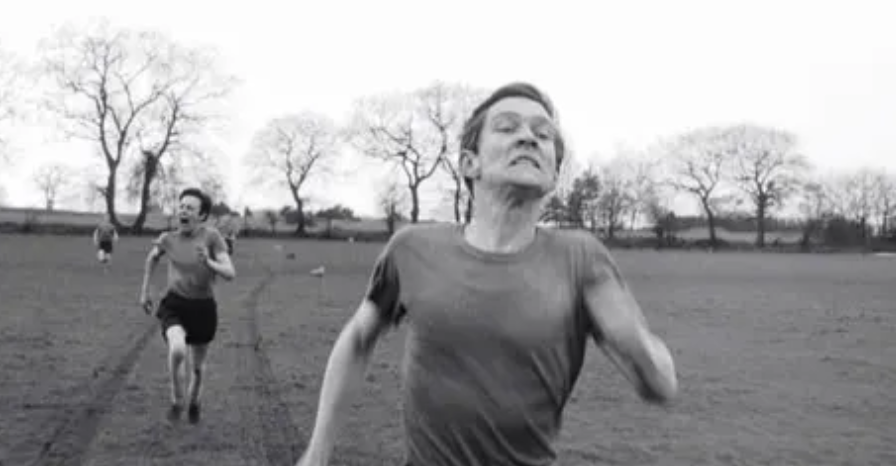
The Loneliness of a Long Distance Runner
ATHLETE CHATS |Year: 1962 Director: Tony Richardson Screenplay: Alan Sillitoe Genre: Drama
In this issue, we will be stepping back into the past to look at a film made in 1962, but was far ahead of its time – much like its protagonist. The film is based on a short story of the same name by Alan Sillitoe. The Loneliness of the Long Distance Runner is directed by Tony Richardson, acclaimed British director who won the academy award for the film Tom Jones.
The film is relatively less well known than other dramas based on running like The Chariots of Fire (1981) and Personal Best (1982), but that's all the more reason to watch it. The Loneliness of the Long Distance Runner has now come to be known as one of the films that signaled the 'British New Wave' movement style of filmmaking, with grittier films that commented on social inequalities. Tom Courtenay plays Colin, a rebellious youth who comes from a troubled home. Colin is a rebel without a cause – an outcast in the British society of the time. In 60s post-war Britain, people were expected to follow their predestined roles according to their social class. Working class men were expected to hold down blue collar jobs and 'get on with life'. Colin finds himself without direction and without motivation. The only time Colin finds any purpose in his life, is when he runs.
When Colin gets arrested for vandalism and is incarcerated in a juvenile home for boys, his life seems to spiral from the shackles of poverty to the drudgery of imprisonment. However, Colin's running talent gets spotted in prison, and there's some hope that this could be his way out. The rest as they say, are spoilers! The Loneliness of the Long Distance Runner is a resonant theme in both, the book and the film - from the fundamental loneliness of long distance running, to the isolating nature of poverty. India's audience will particularly empathize with the film, as it was set in a time when athletics as a profession and passion was still not fully embraced in industrial Britain.
In addition to the black and white palette, the film's visual style is stark, which symbolizes the oppression of the society Colin is forced to live in, the only time the camera is left to move unfettered is during the shots of Colin running. Unlike modern movies, there are no grandiose shots at the finish line and no manufactured moments of tension. When Colin runs, the camera and time seem to stop, with lingering moments to allow us to experience Colin's only means of freedom in a repressed world.
The film is still considered avant-garde for its age. It was one of the first instances of using sport as a narrative medium to convey the rampant social inequality in Britain. Colin's unfettered nature while running is juxtaposed against the 'stiff upper lip' gentlemen of the upper class. Colin is no gentleman, and as the film reveals, society will let never him become one. As Colin is made a part of the team and offered opportunities to find direction in life, he must now learn to reign in his running too. With the discipline and structure of training, Colin struggles with the loss of his earlier freedom.
The film raises an important question – how do we strike a balance between training and love for running? How do we become better runners without losing the capacity to derive joy from running?
The film also raises the debate – does society ever truly embrace athletes, or will they always be seen as renegades? Can sport be used to successfully integrate those at the margins of society, without them losing their individuality and identity? Can sport be successfully used as an equalizer in society? It is these difficult questions that are raised by The Loneliness of the Long Distance Runner which distinguish it from other sporting movies.

Can we call this an enjoyable watch? Not exactly. Should you watch it anyway? Absolutely! This is a film that rises above the clichés of celebration and ultimate triumph of sport. It's more than that – it's unflinching social commentary. It's an uncomfortable film to watch; and that fact doesn't detract from its greatness, it only adds to it.

